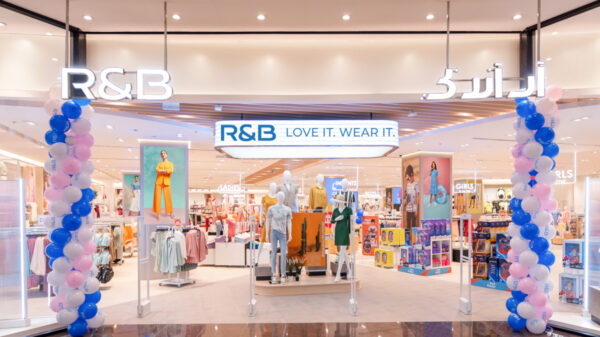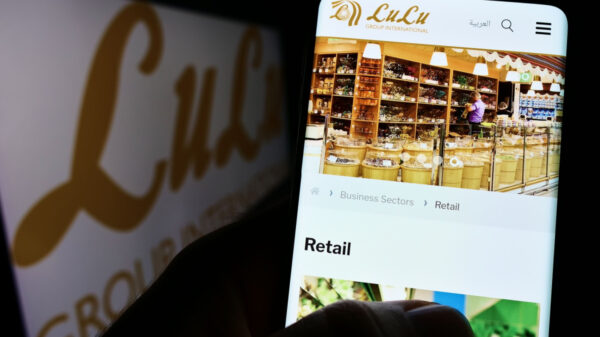Almost 74 per cent of Saudi consumers research products via Google Search before purchasing during Ramadan, a new study by Google and consulting firm Kantar reveals.
With the holy month around the corner, Google and Kantar’s study shed light on Saudi shopping behaviours across five product categories — consumer electronics, home and garden, fashion, food & groceries, and beauty— to help retailers determine the optimal strategy for attracting more shoppers.
“The shift we’ve seen in consumer behaviour has given retailers the opportunity to deepen their relationships with consumers through digital solutions,” the director of retail at Google Mena in Saudi Arabia told Arab News.
“Our goal will continue to empower the retail sector in Saudi and the region to accelerate their digital transformation journey and offer tools and solutions to harness their data to achieve business results and enhance customer relationships.”
The report demonstrates that almost 100 per cent of Saudi consumers research products online before completing the purchase. To this end, the majority of shoppers ( 74 per cent) resort to Google Search.
Equally importantly, 52 per cent of Saudi consumers claimed to use YouTube for their shopping research— which was the most-used platform during the last year’s Ramadan.
The study marked three distinct shopping behaviours among consumers in the country. During the holy month, the majority (41 per cent) of consumers said that they shop during Ramadan because they crave something new — this is especially relevant for home and garden items and consumer electronics.
At the same time, regarding beauty shopping, 43 per cent said they shop for self-gratification, 36 per cent prioritise sustainability, while 30 per cent of fashion buyers gravitate towards brands that focus on diversity and inclusion.
The second tendency observed is the marked shift toward a hassle-free shopping experience. Approximately two-thirds of Saudi consumers experience various issues with online shopping during the holy month.
For instance, 25 per cent of consumer electronics shoppers and 23 per cent of beauty shoppers noted that independent product reviews are quite a rare find, while 20 per cent of those buying consumer electronics and 21 per cent of shoppers in the home and garden category reported online registration or log-in issues.
The need for a seamless shopping experience is not confined to the e-commerce space. Sixty-three per cent of Saudi consumers deemed offline shopping—particularly food and grocery—daunting, with the main problems being no opportunity to access online information from inside the store, no opportunity to access online information from inside the store and unavailability of certain items.
The third behaviour pattern observed in the study was brand loyalty or the lack thereof. Conventionally, most Saudi shoppers (around 84 per cent) buy purchases from only one or a few retailers during the Ramadan period, but a cumbersome shopping experience may alter this habit.
Forty-two per cent signalled readiness to try new brands or platforms should they offer more efficient shipping. Thirty-six per cent would follow suit if an item is available elsewhere first, and 33 per cent would do likewise if a product is cheaper.
Drawing on these findings, the study proposes that marketers and retailers should include more detailed information about their products in the advertisement as well as curate an optimised online experience, especially focusing on the mobile.
In addition, the study also advises brands and retailers to ensure easy access to product information online and from inside the store, issue regular updates on stock availability and convince consumers of the benefits of staying loyal to their brand by targeting customers who have already visited their site before.













